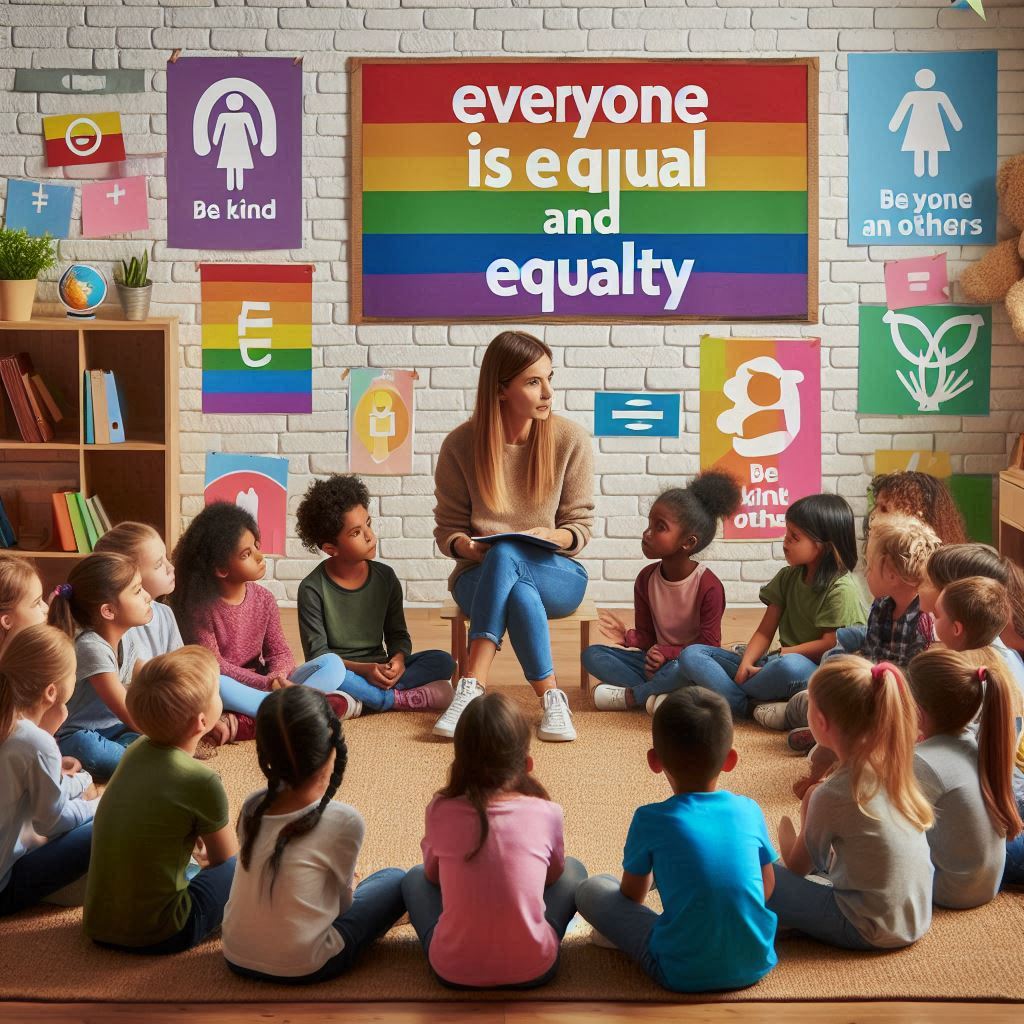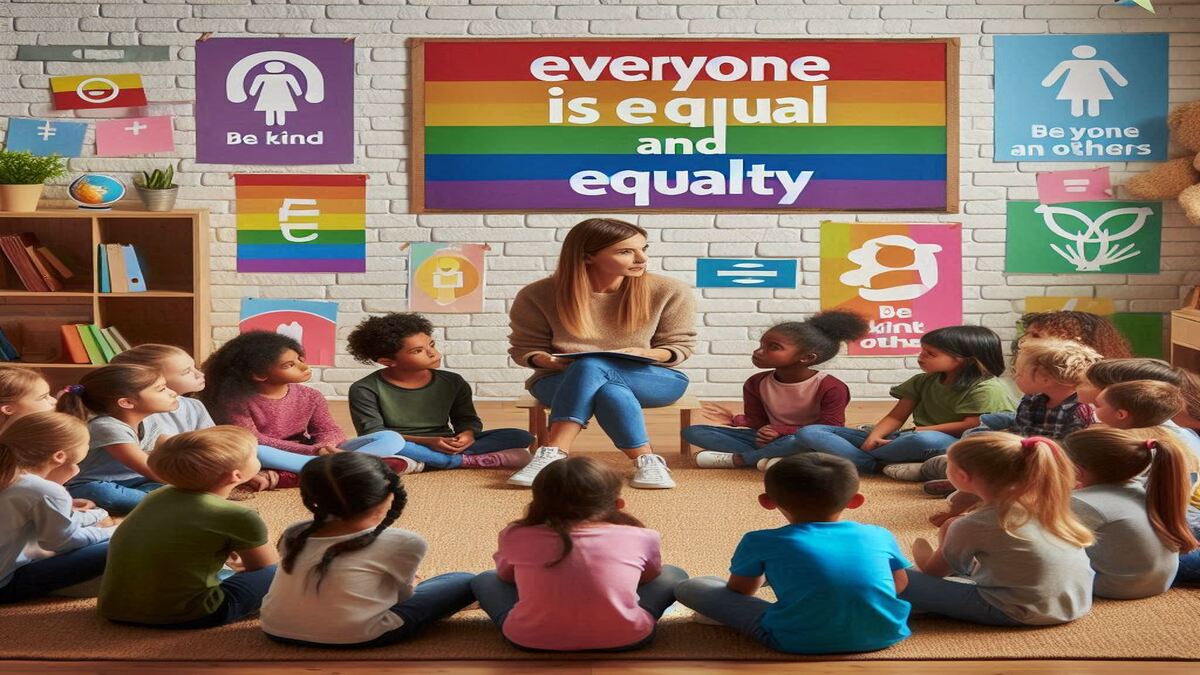Human Rights Education: (human rights awareness, social justice education, equality and human dignity, civil rights education, human rights laws, global human rights movements, human rights violations, universal declaration of human rights, right to education, anti-discrimination programs, global citizenship education, empowerment through education, refugee rights education, gender equality education, children’s rights education, freedom of speech education, right to work and fair wages, community human rights initiatives, NGOs and human rights, digital human rights education tools, human rights in schools, human rights training programs, advocacy for human rights, human rights education programs,)
Explore the importance of human rights education in 2024. Learn how it empowers individuals, builds respect, and promotes justice for all through comprehensive education on human rights principles, laws, and practices.
Introduction:
Human rights education is more than just a buzzword—it’s a powerful tool that can change lives. In 2024, with global challenges like inequality, violence, and discrimination still prevalent, educating people about their rights is more critical than ever. I’ve personally witnessed the transformative power of human rights education in my community. From young students to activists, when people understand their rights, they are empowered to demand justice. In this article, I’ll walk you through how human rights education works, its significance, and how it can create lasting positive change. Let’s dive in and see how we can all play a part in fostering respect, dignity, and equality for everyone!
What is Human Rights Education?
- Human rights education is the process of teaching individuals about their basic rights and responsibilities.
- It aims to build a culture where everyone understands their rights and how to protect them.
- Focuses on both civil rights (freedom of speech, right to a fair trial) and economic, social, and cultural rights (education, healthcare, work).
- Examples: Programs in schools where students learn about freedom of expression, gender equality, and how to report violations.
Why is Human Rights Education Important?
- Empowerment: When people understand their rights, they are more likely to stand up against injustice.
- Prevention of Rights Violations: Awareness is key to preventing violations and abuses. For instance, individuals who know their rights are less likely to fall victim to trafficking or discrimination.
- Social Change: Education fosters societal movements. Take the global fight for women’s rights or LGBTQ+ equality as examples where education has spurred action.
- Real-life Impact: By learning about human rights, people have the tools to confront issues like poverty and access to justice.

How Human Rights Education Works
- Formal Education: Schools and universities often incorporate human rights education into their curricula. I recall attending a seminar in college about refugee rights, which made me more empathetic and aware of global crises.
- Non-Formal Education: Community workshops, social media campaigns, and grassroots movements also play a significant role in spreading knowledge. For example, local NGOs running training on gender equality can help rural women learn about their legal rights.
- Interactive Tools: Digital platforms and apps that offer quizzes and interactive content to teach human rights—empowering even more people to get involved.
- Examples of programs: Amnesty International’s human rights education projects and the UN’s Human Rights Education and Training program.
The Role of Governments and International Organizations
- Government Responsibility: Governments must incorporate human rights education into their national policies and curricula.
- UN & Global Initiatives: Organizations like the United Nations have created frameworks like the World Programme for Human Rights Education, which helps countries develop and implement education plans.
- Real-World Example: The UN’s push for integrating human rights education in African countries has led to policy shifts and increased youth involvement in advocacy.
How Can Human Rights Education Promote a Culture of Respect and Tolerance?**
- Breaking Down Barriers: Educating individuals about the rights of others helps break down prejudice and promotes respect for cultural differences.
- Tolerance and Diversity: When people understand human rights, they’re more likely to accept and support diverse communities—leading to reduced conflict and discrimination.
- Example from History: Look at the success of South Africa’s Truth and Reconciliation Commission, which used education as a tool for healing after apartheid.
- Personal Experience: In my own life, learning about international human rights laws helped me better understand the struggles of marginalized communities and made me an advocate for equal treatment.
Conclusion:
Human rights education isn’t just for classrooms—it’s a life-changing tool that can impact every aspect of our lives. Whether you’re a student, educator, activist, or even a concerned citizen, learning about human rights helps build a more just and equal world. By understanding our rights and responsibilities, we can create a society where dignity, equality, and justice are accessible to all. If you’re passionate about this cause, I encourage you to get involved in human rights education initiatives in your community. Together, we can make a lasting difference in 2024 and beyond!
